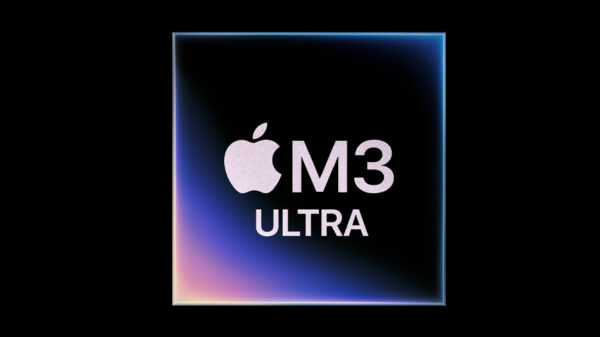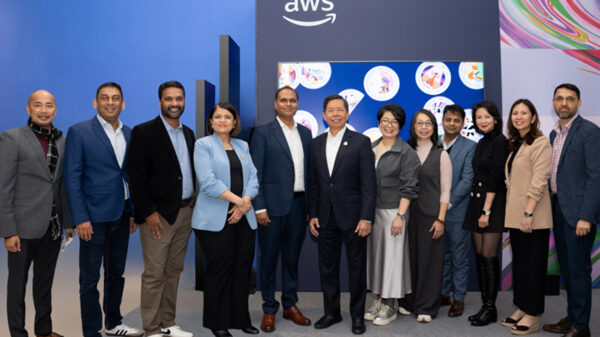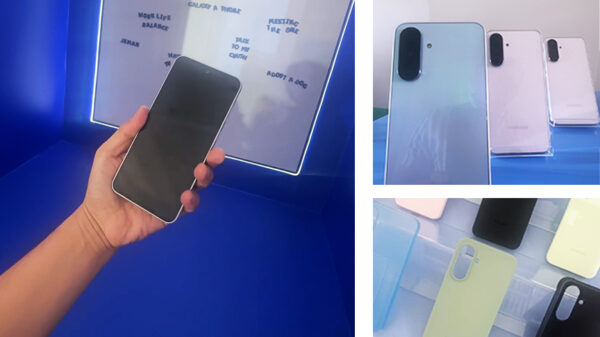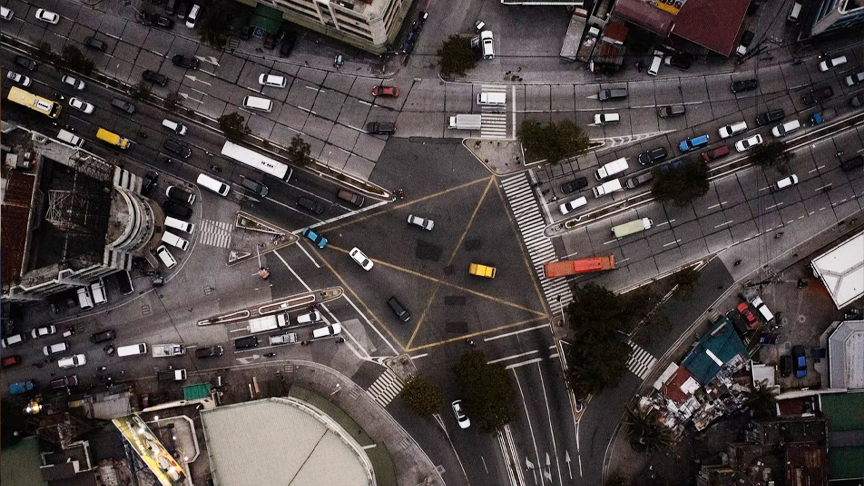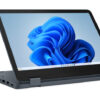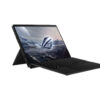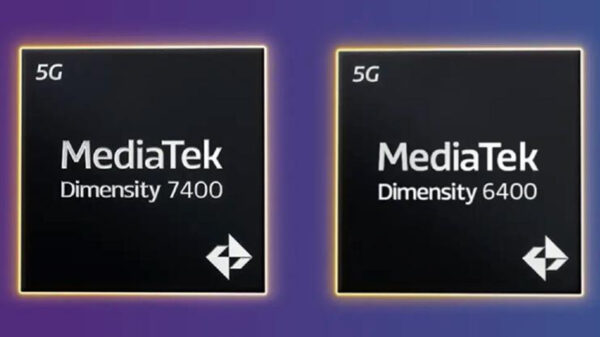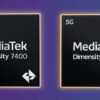Surfshark’s 5th annual Digital Quality of Life Index (DQL) ranks the Philippines 60th in the world, dropping by five places from last year. Out of the Index’s 5 pillars, the Philippines performed best in internet quality, claiming 21st place, while facing challenges in internet affordability, ranking 104th. The nation ranks 45th in e-security, 54th in e-infrastructure, and 64th in e-government. In the overall Index, the Philippines surpasses Indonesia (67th), but lags behind Malaysia (37th). In Asia, the Philippines takes 17th place, with Singapore the leader in the region.
“In many nations, ‘digital quality of life’ has merged into the broader concept of overall ‘quality of life’. There’s no other way to look at it now that so many daily activities, including work, education, and leisure, are done online. That’s why it’s crucial to pinpoint the areas in which a nation’s digital quality of life thrives and where attention is needed, which is the precise purpose of the DQL Index”, says Gabriele Racaityte-Krasauske, Surfshark’s spokeswoman.
The Philippines’ internet quality is 25% higher than the global average.
- Fixed internet averages 119 Mbps in the Philippines. To put that into perspective, the world’s fastest fixed internet — Singapore’s — is 300 Mbps. Meanwhile, the slowest fixed internet in the world — Yemen’s — is 11 Mbps.
- Mobile internet averages 55 Mbps. The fastest mobile internet — the UAE’s — is 310 Mbps, while the world’s slowest mobile internet — Venezuela’s — is 10 Mbps.
Since last year, mobile internet speed in the Philippines has improved by 43%, while fixed broadband speed has grown by 59%. Compared to Indonesia, the Philippines’ mobile internet is 107% faster, while fixed broadband is 229% faster.
The internet is unaffordable in the Philippines compared to other countries.
- Filipinos have to work 10 hours 5 minutes a month to afford fixed broadband internet. This is 34 times more than in Romania, which has the world’s most affordable fixed internet (Romanians have to work 18 minutes a month to afford it).
- Filipinos have to work 3 hours 8 minutes 52 seconds a month to afford mobile internet. This is 12 times more than in Luxembourg, which has the world’s most affordable mobile internet (Luxembourgers have to work 16 minutes a month to afford it).
The Philippines is 45th in the world in e-security — 1 place lower than last year.
The e-security pillar measures how well a country is prepared to counter cybercrime, as well as how advanced a country’s data protection laws are. In this pillar, the Philippines outperforms Indonesia (61st) and Malaysia (48th). In the global context, the Philippines is prepared to fight against cybercrime, and the country has some data protection laws.
The Philippines is 54th in e-infrastructure and 64th in e-government.
Advanced e-infrastructure makes it easy for people to use the internet for various daily activities, such as working, studying, shopping, etc. This pillar evaluates how high internet penetration is in a given country, as well as its network readiness (readiness to take advantage of Information and Communication Technologies). The Philippines’ internet penetration is high (91% — 38th in the world), and the country ranks 70th in network readiness.
The e-government pillar shows how advanced a government’s digital services are and the level of Artificial Intelligence (AI) readiness a country demonstrates. The Philippines’ e-government is similar to the global average.
Globally, the internet is more affordable than last year.
- Fixed internet is 11% more affordable than last year — on average, people have to work 42 minutes less a month to afford it.
- Mobile internet is 26% more affordable than last year — people have to work 41 minutes less to afford it.

